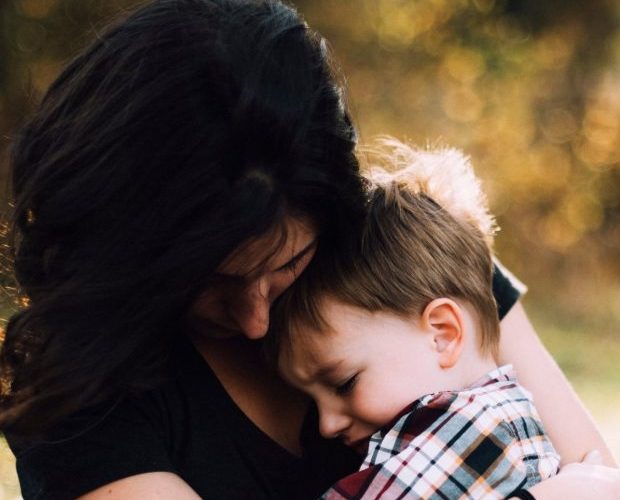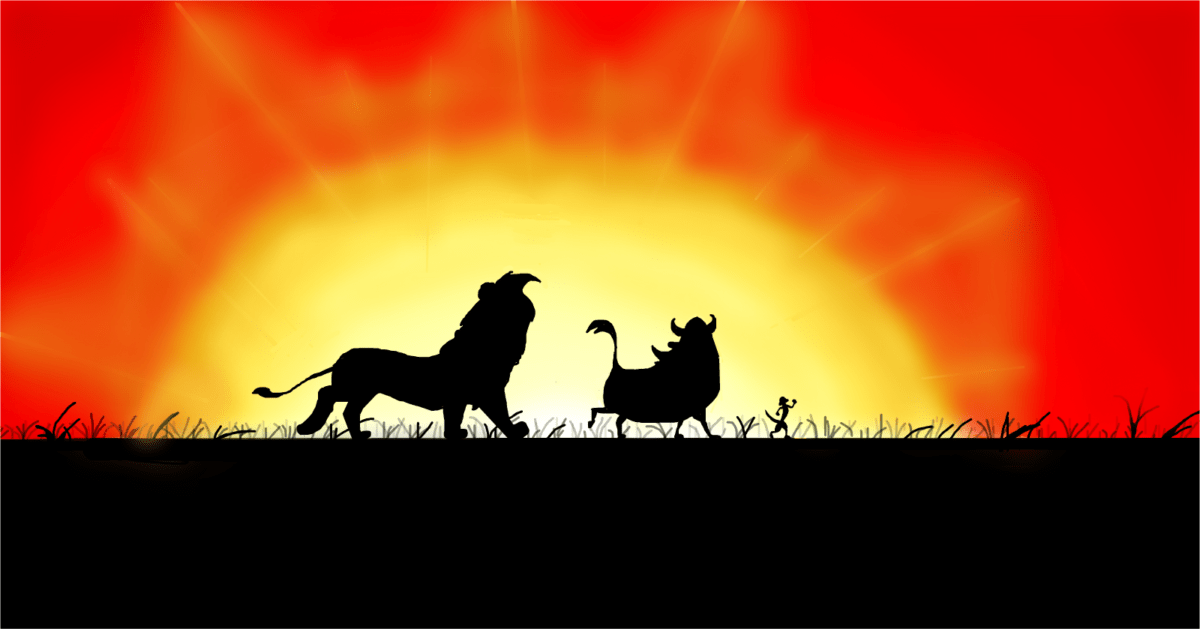I recently lost my dad after a short fight with cancer. I have two children, a son aged five and a daughter aged two and a half. Up to this point, we had not lost anyone close, so had been spared the difficult conversations about death.
My son was aware that Grandad was ‘poorly’ as he had had a cough for a couple of months, and had been on a course of antiobiotics (‘yucky medicine’) at the same time as my son. Beyond that, we hadn’t said anything about the severity of the situation, primarily because we didn’t have a full prognosis or know what the treatment options were. In the end, we didn’t get to the stage of needing to answer them, as dad deteriorated quickly.
When the time came and he had passed away, we had the difficult task of trying to explain to our children what had happened, why they wouldn’t see Grandad again and why everyone would be sad.
We found the following were useful reference points:
Coco
The new Disney Pixar film (which we had seen two weeks previously) is a lovely gentle introduction to the afterlife, and the importance of remembering the dead. Although I don’t think my son appreciated the finer points of the story, the skeleton characters in the Land of the Dead were endearing and not scary. It also has the key message of family, and keeping memories alive. My daughter (being younger) can understand that Grandad has ‘gone to be with the skeletons’
The Lion King
This film was my son’s first understanding of death, when Mustafa is killed by the stampede. My son was visibly moved by Pumba’s distress and we explained that Mustafa was ‘too poorly, and they couldn’t make him better’
Human Body reference book
We got the Usborne Look Inside Your Body book which has clear illustrations and lift up flaps about different parts of the body (brain / lungs / heart etc.) My son was very concerned about how his winter cough differed from Grandad’s cough, and perhaps worried that he would not get better. The book has been really helpful for explaining this, and the difference between what happens in the lungs with a cold vs. asthma vs. lung disease.
It helped us immensely to be able to refer to things that the children were already familiar with.
Obviously the way that your child deals with death will vary greatly depending on their age, and it is almost impossible to predict the questions that you will face. My daughter asked ‘is Grandma gone too?’ and my son wanted to understand why the doctors could not have made Grandad better. I’m sure in time they will both be able to understand the situation more clearly, but for now we can share our happy memories.





I think the more we talk about death abs be open about how better it is for a child.to manage. Some really good advice, I haven’t seen coco but I have heard good things about it X #readysetlink
Thank you, it’s a really lovely film, and nice to have something different from another princess film!
It’s so hard trying to explain death to a little one. I find the hardest part is getting them to understand they won’t see that person again. I think it’s a great idea to use kids films and books that reference about this to help them understand. #READYSETLINK
Yes, you’re right, my daughter still asks where Grandad is sometimes, but she’s getting there with it.
I have openly discussed what happens with my daughter. I have told her, that they go up in the sky and she understands to a point. She just doesn’t understand why she can’t see them again 🙁 #readysetlink
It’s one of the hardest things I’ve ever had to do, somehow you have to hold it together for them.
Great advice! This is such a tough concept for little ones. Despite my efforts, my 3-year old still doesn’t understand why she can’t see my Dad. 🙁
It’s so hard, I’m trying not to mention my dad to my daughter because I can’t face explaining it.